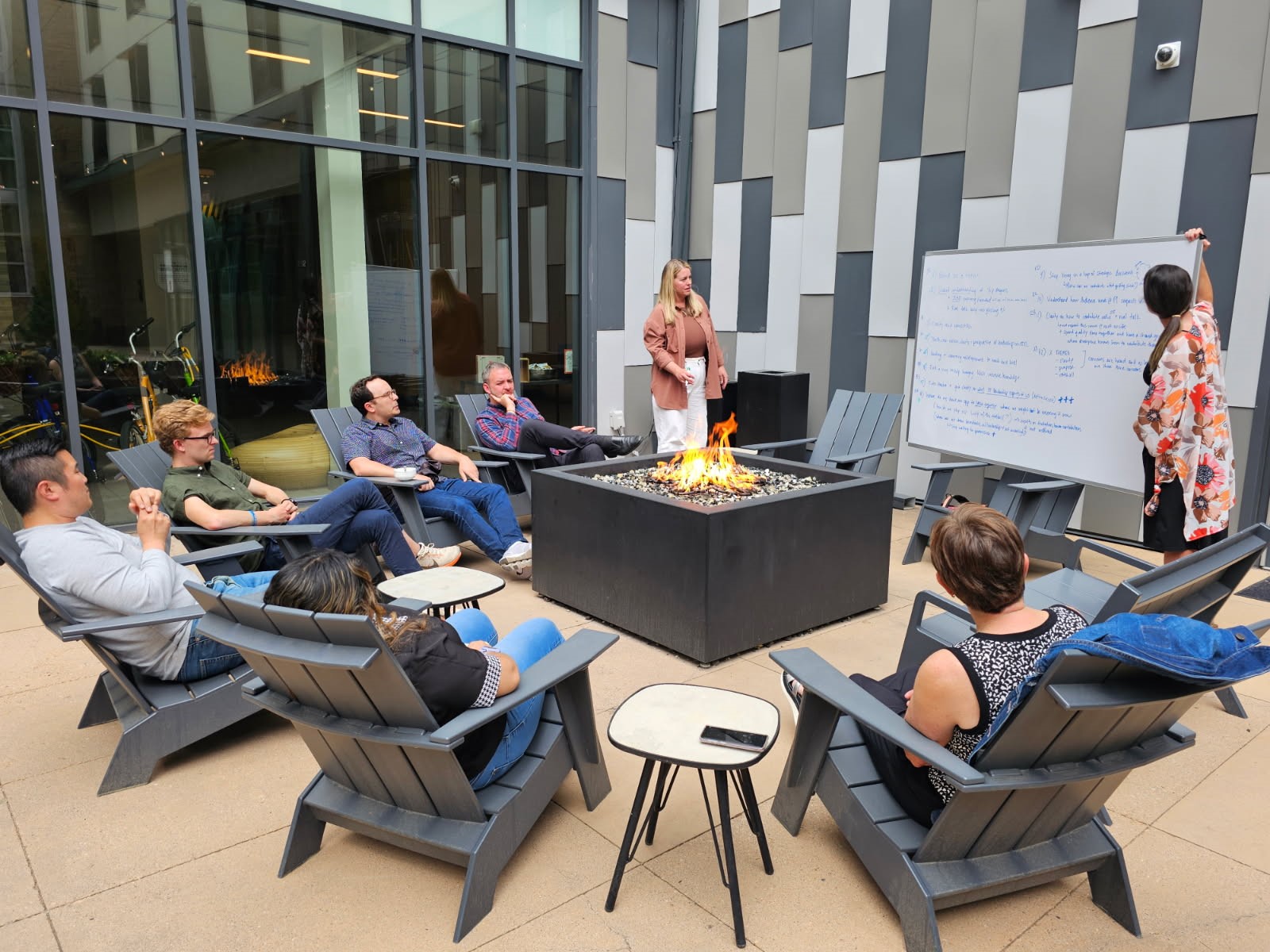Passionate about reimagining public safety and policing? Join our new challenge.
In partnership with MIT Solve, Stand Together Ventures Lab invites you to rethink public safety through community-based alternatives
Protecting public safety requires partnership between community members and law enforcement. However, the current approach to policing in the United States often breaks down trust and imposes harm to people of color disproportionately. More than 20 percent of lethal force incidents involve an individual experiencing mental illness. One in four people arrested multiple times in a year suffer from mental illness, and more than half from addiction. Police officers are regularly placed in situations like these for which they lack training, or that would be more effectively addressed by other sectors, like social services. Local, community-led solutions abound, but a lack of collaboration between law enforcement and communities makes them difficult to implement.We need to reimagine public safety for the benefit of all individuals and organizations that are affected by over-policing. Most Americans agree that reform is needed, but the question remains: Where do we start?Stand Together Ventures Lab believes that to increase public safety, we need a better framework for policing — one led by community-based alternatives. We’re working toward a system based on transparency, alternatives to armed responses, and better coordination between police and local organizations. As part of this effort, we’re bringing together innovators in a new initiative, launched in partnership with the social impact marketplace MIT Solve. The Unbundle Policing: Reimagine Public Safety Challenge supports social ventures focused on finding a better way forward in policing.The aim of the challenge is to create alternatives so that communities and police can better work together to protect public safety. Part of this means unbundling the many duties police are expected to perform, from patrolling violations to mental health interventions, and reallocating these roles for the safety and wellbeing of communities. “There are many situations police are put in that could be better addressed by alternative solutions,” says Ayla Smith, Program Director at Stand Together Ventures Lab. “We want to find those solutions, so the right person is responding to every call.”One such alternative keeping both communities and officers safer than traditional 911 responses is CAHOOTS (Crisis Assistance Helping Out on the Streets). Based in Eugene, OR, CAHOOTS is a 24/7 mobile crisis intervention program that deploys free and confidential services in response to non-criminal crises such as homelessness and mental health problems. “In 2019, CAHOOTS teams successfully diverted up to 8% of calls to the Eugene Police Department, illustrating the overuse of police in traditional emergency responses,” says Smith.“Are there ways to scale community-grown solutions like these? How can technology accelerate these innovations? What fresh ideas are being born out of national discourse that haven’t been supported enough to come to fruition?”Community-based solutions like this reduce unnecessary law enforcement encounters and the public risks they present — and we’re looking for more of them. For example, you might have an idea to improve coordination between police, healthcare, and social service organizations. Maybe you want to design an alternative to armed response in traffic enforcement. Or maybe you envision a platform that harnesses data to improve police recruiting, training, and evaluation practices. We’re especially interested in solutions that incorporate conflict resolution, mediation, and trauma-informed approaches, such as CIT (Crisis Intervention Team) training. CIT training is associated with reductions in arrests, increased diversions to mental health services, and positive changes in police response toward mental illness cases.Do you have an idea? Stand Together Ventures Lab is launching the Unbundle Policing: Reimagine Public Safety Challenge, which will support participants in 2 phases:
- The Incubator (applications are due July 19th) is for anyone who wants to learn more before submitting an idea. It supports budding entrepreneurs in developing or strengthening solutions in preparation for the next phase.
- The Accelerator (applications are due November 19th) is the phase in which applicants receive funding based on their ideas to help pilot or scale their models. Participation in the Incubator is not required.
We have designed the program to be approachable for everyone – regardless of their experience in this space or whether they have an idea formulated yet. During the three-month Incubator, participants will learn from a diverse range of viewpoints on the state of policing in the U.S. Teams will work with law enforcement, community leaders, and startup experts to build solutions, while our network of criminal justice reform experts will serve as advisors to help refine these solutions. Incubator participants will meet potential team members, receive expert instruction and mentorship, and strengthen solutions to promote wellbeing among communities. The goal of the Incubator is to prepare participants to submit their solutions to the six-month Accelerator in fall 2021: an invite-only program that provides $50,000 per team and wraparound support to pilot and scale their solution across the country.Entrepreneurs are vital for finding solutions to some of the biggest problems impacting this country. If you have an idea for reimagining policing and the wellbeing of our communities, join our Challenge.




.png)